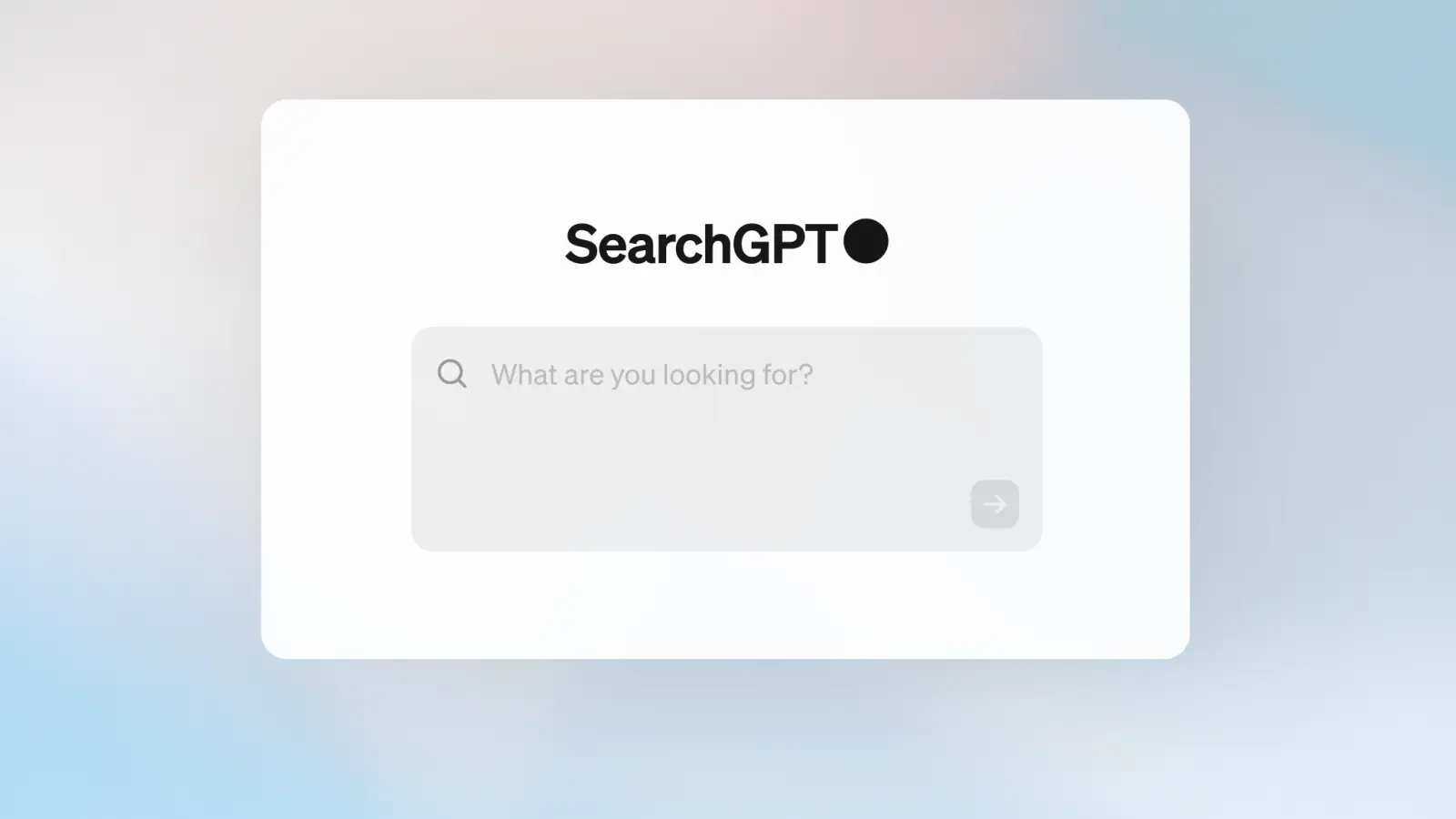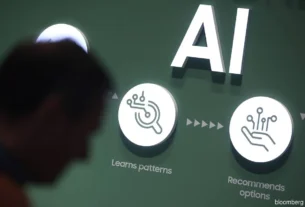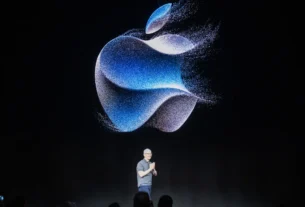OpenAI Unveils ChatGPT Search Engine: A New Era in AI-Powered Information Retrieval
In a groundbreaking step forward in artificial intelligence, OpenAI has introduced a new search engine feature within its ChatGPT platform. This innovation aims to revolutionize the way users interact with information online by combining conversational AI with real-time search capabilities. As ChatGPT moves beyond its role as a conversational assistant to become a dynamic search engine, OpenAI is positioning its platform as a valuable alternative to traditional search engines, emphasizing efficiency, accuracy, and contextual understanding in information retrieval.
The introduction of a search engine within ChatGPT reflects OpenAI’s ambition to build a multifunctional AI platform that not only answers questions but also provides immediate and accurate access to real-time information. This approach is designed to address the limitations of static data models by providing users with more reliable responses, particularly for current events, emerging trends, and complex information requests. This release represents a significant expansion in ChatGPT’s capabilities and signals OpenAI’s commitment to shaping the future of AI-driven technology for personal, academic, and professional use.
Bridging AI and Real-Time Information Needs
Traditional AI models like ChatGPT were originally trained on large datasets that became static after a particular date. For instance, ChatGPT’s default model had a knowledge cutoff, limiting its knowledge to information available up to 2021 or later updates. This limitation created a gap for users seeking real-time information on recent events, ongoing scientific research, and up-to-the-minute facts. By integrating a search engine into the ChatGPT interface, OpenAI aims to close this gap and deliver a tool that can address users’ queries with current and reliable information.
The search engine feature also represents a shift from the longstanding norm of using AI models as static information repositories. With the search engine capability, ChatGPT can act as a hybrid tool that combines the contextual understanding of a conversational model with the updated information available on the internet. This development underscores OpenAI’s goal to make ChatGPT a versatile assistant capable of supporting a broader array of user needs, including content creation, real-time research, fact-checking, and more.
Features and Functionality of the ChatGPT Search Engine
The ChatGPT search engine introduces several features designed to streamline information retrieval and provide a more user-friendly experience. Here’s a closer look at how this innovative system is set to operate:
- Real-Time Information Access: ChatGPT can now access current web information, pulling data from credible sources and providing users with updated insights that were previously out of its scope. This functionality is particularly beneficial for news, emerging trends, live event updates, and other dynamic topics.
- Enhanced Contextual Responses: The AI’s ability to comprehend context remains integral to the search engine experience. ChatGPT can process nuanced questions and requests, providing responses that blend conversational AI’s contextual understanding with reliable sources. This dual capacity ensures that responses are accurate, relevant, and enriched with the latest data.
- Multi-Turn Search Interactions: Unlike traditional search engines, where each query operates independently, ChatGPT’s search engine supports multi-turn conversations. Users can ask follow-up questions to refine their search or seek clarifications, and ChatGPT will respond in a coherent, contextually aware manner, creating a more personalized and interactive search experience.
- Source Attribution and Transparency: In an era where information authenticity is crucial, OpenAI has implemented a transparent approach by providing users with source links and references for the information retrieved. This feature builds trust and allows users to validate the information independently.
- Specialized Knowledge Queries: The ChatGPT search engine can assist with complex, niche, or technical queries that might require in-depth understanding. Its programming allows it to search for specialized information on academic research, industry-specific news, and scientific advancements, helping users tackle more demanding inquiries.
Advantages Over Traditional Search Engines
While traditional search engines like Google and Bing have been the mainstays of online information retrieval, OpenAI’s search-enabled ChatGPT offers a distinctive experience that could transform the way users seek information. The combination of conversational AI and real-time search provides several key advantages:
- Efficiency in Information Retrieval: Traditional search engines often require users to sift through multiple links and pages, whereas ChatGPT delivers a direct, conversational answer. This model reduces the time and effort required to obtain relevant information and simplifies the search process for users.
- Interactive Q&A Format: Unlike conventional search engines that typically yield a list of URLs, ChatGPT provides answers in a conversational format, allowing users to engage in a Q&A-style dialogue. This approach enhances the user experience, making it easier for individuals to refine their search queries without needing to start from scratch.
- Reduced Information Overload: With its ability to summarize and synthesize information from reliable sources, ChatGPT helps users avoid the overwhelming volume of data typically associated with traditional search engines. This feature allows users to focus on concise, curated answers rather than wading through an abundance of information.
- Adaptability for Complex Inquiries: For users seeking detailed insights into complex topics, ChatGPT’s search engine offers a deeper and more adaptable interface. This capability is particularly useful for academic researchers, students, and professionals who may require a more sophisticated understanding of a topic beyond general summaries.
Potential Applications Across Sectors
The ChatGPT search engine’s unique capabilities have significant implications for various sectors, from education and healthcare to journalism and corporate environments. Here’s a look at some potential applications:
- Academic Research and Education: Students and educators can benefit from ChatGPT’s ability to pull updated information from verified sources, making it a valuable resource for research and homework help. The conversational aspect also aids in simplifying complex academic topics, making them more accessible to a broader audience.
- Healthcare and Medical Information: With the surge in health-related inquiries, ChatGPT’s search engine can assist in providing users with reliable information on medical research, public health updates, and disease prevention. However, it is also critical to note that OpenAI emphasizes its AI is not a substitute for professional medical advice.
- Journalism and Content Creation: For journalists and content creators, the ChatGPT search engine offers real-time access to the latest news, trending topics, and in-depth reports. This capability allows for rapid information gathering, helping journalists produce timely articles while staying updated on global events.
- Business and Corporate Research: Businesses can leverage the ChatGPT search engine for competitive analysis, market research, and industry-specific insights. Its ability to streamline research processes and provide summarized data can save time and improve decision-making for professionals across sectors.
- Customer Service and Support: Companies with customer support needs can utilize ChatGPT’s search capabilities to quickly access troubleshooting guides, FAQ resources, and knowledge bases, enhancing response times and customer satisfaction.
Ethical Considerations and Challenges
While OpenAI’s ChatGPT search engine represents a significant advancement in AI technology, it also brings a host of ethical considerations and challenges that need careful attention. Here are a few issues to consider:
- Data Privacy: With access to real-time web data, there is a growing concern over how information is sourced, stored, and used. OpenAI has committed to safeguarding user privacy, but the ability of AI to access vast data from the internet necessitates a continuous focus on transparency and privacy protections.
- Information Credibility and Bias: The accuracy and neutrality of sourced information are essential. Although OpenAI’s search engine pulls from reputable sources, inherent biases in web content could potentially influence the AI’s responses. To address this, OpenAI has implemented measures to ensure responses remain as unbiased as possible.
- Dependence on AI for Information: As AI becomes more integrated into daily tasks, there is a risk of users becoming overly reliant on it for information. OpenAI encourages users to verify information through cross-referencing and to understand the limitations of AI-generated responses.
- Risk of Misinformation: With the vast amount of data on the internet, the risk of misinformation remains a significant concern. OpenAI has implemented safeguards to minimize the dissemination of false information, but users are advised to treat ChatGPT as a supplementary tool rather than an infallible source.
The Future of AI-Powered Information Retrieval
The release of the ChatGPT search engine sets a new precedent for AI applications, especially in the domain of information retrieval. OpenAI’s innovative approach combines conversational AI’s interactive benefits with the reliability of real-time data, creating a powerful tool with numerous practical applications. As OpenAI refines and expands ChatGPT’s capabilities, the potential for further advancements in the AI space becomes evident.
The search engine’s integration into ChatGPT is likely only the beginning, as AI-driven information retrieval is expected to evolve rapidly. As more users adopt AI as a primary source of information, the feedback generated will provide OpenAI with insights into refining ChatGPT’s accuracy, relevance, and reliability.
OpenAI’s venture into AI-powered search marks a pivotal moment in the field, potentially redefining how people access, interpret, and use information on a daily basis. By merging conversational intelligence with live data access, OpenAI has set the stage for a future where AI becomes an indispensable partner in navigating the digital world. The ChatGPT search engine not only exemplifies this vision but also underscores OpenAI’s commitment to making advanced technology accessible, useful, and beneficial for all.





